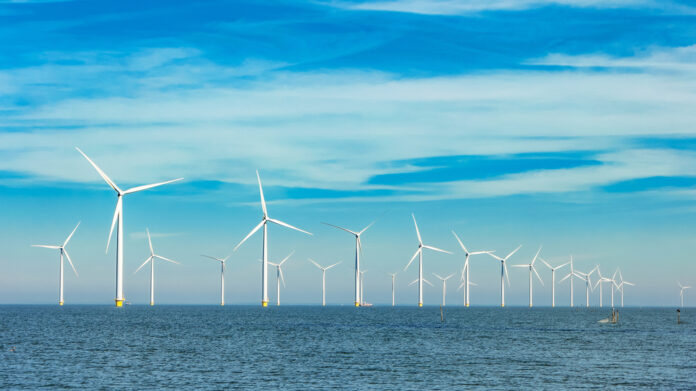It is possible for domestic offshore wind projects (OSWs) to turn a profit and remain viable as a business by seeking significantly lower generation charges than is possible under the prevailing environment, government-led delegation visiting UK authorities has learned.
The Department of Energy (DOE), as head of the Manila delegation, found that offshore wind projects in the UK charge customers the equivalent of P2.8 per kilowatt-hour and still operate as a viable enterprise even without support mechanisms as the feed-in tariff typically given to Philippine entities.
The DOE-led delegation was on a learning visit last week and met with the UK Department for Business and Trade and the Foreign Commonwealth Development Office of the British Embassy in Manila.
DOE data show the generation charge extracted from Meralco customers typically costs three times higher at P10.9001 per kilowatt-hour in January this year, down from P10.2769 per kilo-watt hour the previous December.
That visit, which counted as members key officials from the Energy Regulatory Commission (ERC), the National Transmission Corporation, the Department of Environment and Natural Resources (DENR), the Maritime Industry Authority (Marina) National Mapping and Resource Information Authority (NMRIA), the Bureau of Customs (BoC), the Board of Investments (BOI), the Philippine Coast Guard, and the National Grid Corporation of the Philippines (NGCP).
The visit later bred optimism among Philippine officials that a strategic partnership between the countries on offshore wind projects is forged and that an interagency committee is needed to facilitate OSW development in the country.
DOE undersecretary Rowena Cristina Guevara, the head of the delegation, said that an offshore wind inter-agency committee in the Philippines is needed to facilitate OSW development in the country.
“The various agencies agreed on action items to enable the country to reach its full potential in offshore wind energy,” Guevara said.
According to her, the visit allowed the delegation to meet relevant UK regulators and industry stakeholders for knowledge sharing of best practices, regulatory framework and industry development as well as opened up opportunities for UK-Philippines collaboration in offshore wind.
Already, she also said, technical discussions on significant stages in an offshore wind project lifecycle were covered as UK companies also gathered for a roundtable discussion on the lessons learned and experience in support of the government intent to successfully develop a competitive OSW industry from concept to implementation.
Ashley Ibbett, director general for energy infrastructure in the newly formed UK Department of Energy Security and Net Zero, vowed to share experiences and provide technical assistance to the DOE on marine spatial planning, licensing and permitting to be delivered under the Southeast Asia Energy Transition Partnership.
Under DOE’s 20-year National Renewable Energy Program, the Philippines aims to achieve a 35 percent share of renewable energy in the generation mix by 2030 and 50 percent by 2040.
To date, the DOE has awarded 55 OSW service contracts with an aggregate capacity of 40.68 gigawatts.







